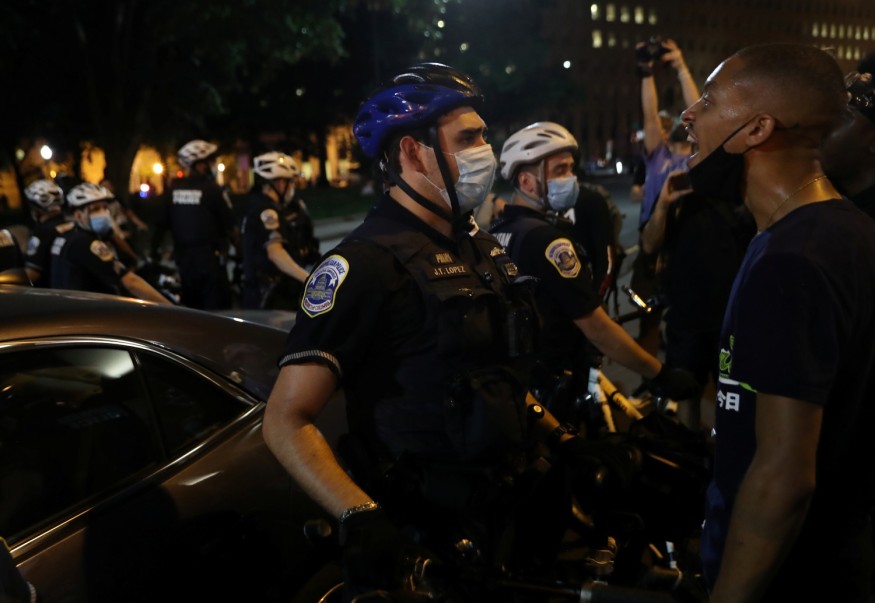National Law Enforcement Memorial and Museum Puts Spotlight on Law Enforcement Anti-Bias Training

The importance and effectiveness of the law enforcement anti-bias training were discussed in a virtual panel discussion dubbed as the "Spotlight On Law Enforcement Anti-Bias Programs" hosted by the National Law Enforcement Memorial and Museum on August 10.
The virtual panel discussion examined the effectiveness and influences of anti-bias training programs in law enforcement and communities across the U.S.
It drew a positive response from the 3,000 attendees, both from law enforcement and civilian sectors.
The National Law Enforcement Officers Memorial Fund is a non-profit organization established in 1984 and dedicated to telling the story of American law enforcement and making it safer for those who serve.
Marcia Ferranto, the National Law Enforcement Officers Memorial Fund CEO, said, "solution-based programs are especially critical during this time of increased tensions between law enforcement and communities they serve."
"Providing a platform for dialogue so that we can help strengthen those relationships is a key component of our mission," added Ferranto.
Anti-bias training is part of an officer's training in many jurisdictions, including Minneapolis and New York City, among others.
However, independent studies, news outlets, and police organizations have questioned the effectiveness of this training.
"One of the things we understand about biases is that we all have them," noted Retired Chief Fabienne Brooks, Co-Director of the Law Enforcement Division, National Coalition Building Institute Brooks.
"People may think you don't, but you all have them. The anti-bias training is a way to acknowledge and recognize what those biases are," Brooks further explained.
All panelists agree that there is a difference between race and bias; however, they often intersect.
They also agree that culture, including the police culture, has an impact on anti-bias training programs.
"It's not just about the broader culture, said Dr. Tracie Keesee, Co-Founder and Senior Vice President of Justice Initiatives, Center for Policing Equity. He added that "It's about this culture of policing inside those buildings and what happens in there."
Dwayne Crawford, Executive Director of the National Organization of Black Law Enforcement Executives (NOBLE), noted, "Sadly enough, at least here in the United States, a significant amount of our American institutions have systemic racism. Because they weren't necessarily designed for African-Americans, Latinos, or people of color."
National Fraternal Order of Police National President Patrick Yoes addressed the police and community culture saying that "It's all about the relationships we build. As law enforcement, we're granted a certain amount of power, but those powers don't come without a responsibility to be able to have that community support and trust."
Panelists agreed that anti-bias training programs must be on-going to be effective.
Director of Museum Programs Thomas Canavan said that they had created a schedule of programs for the remainder of 2020 that face today's issues head-on with great thought diversity.
"Police Chiefs have alerted us that they've made watching the replay of this program compulsory for their officers. And many others reached out to let us know that they are relieved to see collaboration on the horizon as it pertains to law enforcement and the communities they serve."
The full program is available for viewing here.
To see a list of all upcoming panel discussions planned by the National Law Enforcement Memorial and Museum, click here.
Check these out:
Stimulus Funds Mailed to Dead People Recovered by Treasury
Miami-Dade's Virtual Learning System Crashed on First Day of School
U.S. COVID-19 Deaths: 94 Percent of People Who Died had Contributing Conditions, CDC Reports
Subscribe to Latin Post!
Sign up for our free newsletter for the Latest coverage!

















